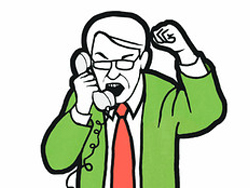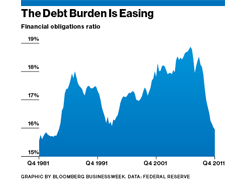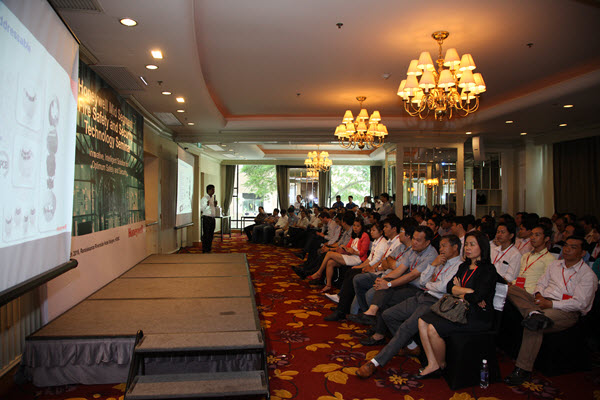
After successfully closing a $25 million deal with Sony, Anne Kreamer, a senior vice president at the children’s cable channel Nickelodeon, got a call from Sumner Redstone. It was the first time the chairman and majority owner of Nickelodeon’s parent company, Viacom, had ever called her.
‘I was anticipating high-fiving and congratulations. Instead, I got eviscerated. He screamed at me for 90 seconds,’ says Ms. Kreamer, who believed that Mr. Redstone, who was then planning a takeover of Paramount Communications, was expecting Viacom’s share price to sharply rise as a result of the Sony deal. It didn’t. She cried after the call ended.
‘It was a completely natural response to the circumstances. I realized [Mr. Redstone"s] was the inappropriate behavior,’ says Ms. Kreamer, who told the story in a book she later wrote about emotions in the workplace: ‘It’s Always Personal.’
‘If I knew what I know now, I wouldn’t have felt as ashamed by it,’ she says. ‘Nobody should.’
Whether you cry or lose your composure because you’re blamed for something that wasn’t your fault or snapped at by an angry customer, there’s a stigma attached to emotional responses in the workplace that compels many executives to just bottle up their feelings.
The unhealthful result of what experts call ‘emotional suppression’ has been shown in studies to cloud thinking, promote job unhappiness and negatively impact work performance. That’s why experts say that it’s important for employees to be attuned to what their emotional triggers are so responses—even in more extreme cases—can be predictably managed for more productive outcomes.
The problem is people tend to catch strong emotions from each other like viruses. It’s called ‘emotional contagion,’ and it can be an instinctive response to mimic those strong emotions, says Sigal Barsade, a professor of management at the University of Pennsylvania’s Wharton School, who researches the influence of emotions in organizations.
She recommends that employees first consider their place in the hierarchy and regulate themselves appropriately.
Don’t vent at work. Excuse yourself if necessary and go home. Lean on your personal network, a therapist or even a career coach who can offer some objective advice. You can also try writing about the incident from the point of view of your antagonist. Stopping to reflect will allow you to cool down, deconstruct the problem and find ways to move forward by understanding why your antagonist acted the way he or she did.
If you’re constantly battling strong emotions at work, consider whether you really fit in, since every organization has a different emotional culture, says Ms. Barsade. ‘What’s acceptable to express or suppress varies widely from place to place. Southwest Airlines is the culture of love where you’re expected to show positive emotions. American Airlines has a more constrained emotional culture. Being in the wrong place can take an emotional toll.’
By Dennis Nishi – Source: The Wall Street Journal

3.jpg)




















